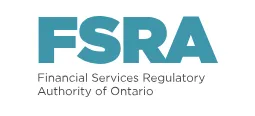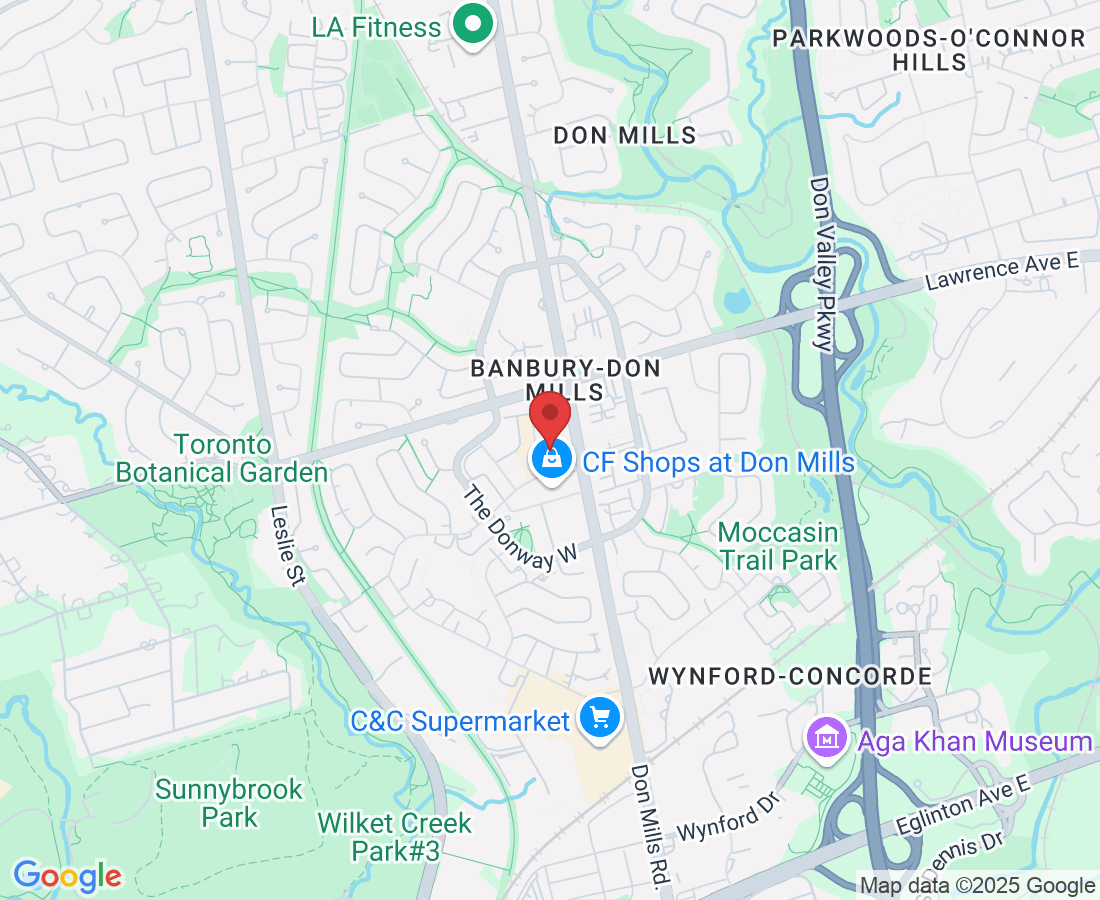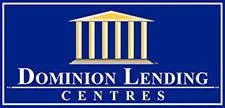
Call: 416-908-2070
Email: [email protected]
Learning Centre
In-depth articles, written by our in-house experts.

Thriving on a Fixed Income in Retirement: A Financial Professional's Guide
Retirement ushers in a new phase where the steady paychecks of your working years are replaced by fixed income sources. While this change requires adjustment, strategic planning and disciplined financial habits can ensure you continue to enjoy life. Here’s a comprehensive guide to help you navigate this transition and make the most of your golden years.
Eliminate Debts Aggressively
In the lead-up to retirement, it's crucial to tackle any outstanding debts. Adopt a frugal lifestyle, focusing on essential expenses such as your mortgage, groceries, utilities, and insurance. Use the savings to pay down debts, particularly high-interest ones like car loans. Consider trading in a newer vehicle for a more affordable, used model to eliminate car payments.
Build an Emergency Fund
Having an emergency fund is essential to manage unexpected expenses, which can be challenging to handle on a fixed income. Aim to save at least $1,000, and preferably more, in a high-yield savings account. This will provide a financial cushion for emergencies like medical bills or car repairs without resorting to credit.
Minimize Credit Card Use
To avoid new debt, limit your use of credit cards. Keep just one for emergencies and rely on cash or debit cards for daily expenses. This approach helps prevent debt accumulation that could strain your financial resources.
Downsize Your Home or Find a Roommate
Many retirees live in larger homes that are no longer needed once children have moved out. Downsizing to a smaller, more manageable home can reduce mortgage payments and maintenance costs. If downsizing isn’t an option, consider renting out a room to generate additional income. A compatible roommate can share living expenses, easing your financial burden.

Relocate to Tax-Friendly States
Consider moving to a state with favorable tax policies for retirees. Some states do not tax Social Security benefits and have lower living costs. For example, Texas has no state income tax, which can significantly ease financial pressure in retirement.
Cook at Home
Dining out frequently can quickly drain your finances. Save money by preparing meals at home and buying groceries in bulk. Use coupons to stock up on essentials and explore budget-friendly recipes. This simple change can save you thousands of dollars annually.
Enjoy Low-Cost Leisure Activities
Socializing and entertainment don’t have to be expensive. Spend quality time with family and friends at home or in local parks. Host gatherings or engage in low-cost activities like backyard games. This approach creates meaningful experiences without straining your budget.
Explore Side Hustles
Boost your fixed income with a side hustle. Opportunities are plentiful, from driving for rideshare services like Uber or Lyft to freelance work online. Pet-sitting or dog-walking are also popular, especially in neighborhoods with busy professionals. A side hustle not only supplements your income but also keeps you active and engaged.
Consider a Reverse Mortgage
For homeowners aged 55 and over, a reverse mortgage can be a strategic way to access additional funds. This financial product allows you to convert part of your home equity into cash without selling your home. The funds can be used to cover living expenses, pay off debts, or even finance travel and leisure activities. A reverse mortgage can provide a steady income stream, making it easier to manage finances on a fixed income.
Conclusion
Retirement on a fixed income requires careful planning and disciplined spending, but it doesn’t mean you have to compromise your quality of life. By eliminating debts, building an emergency fund, minimizing credit card use, downsizing your home, considering a reverse mortgage, and finding affordable leisure activities and side hustles, you can ensure financial stability and enjoy a fulfilling retirement. With thoughtful planning and smart financial choices, you can make the most of your golden years.
Locations:
*Located inside the Royal LePage Signature Realty Offices.




